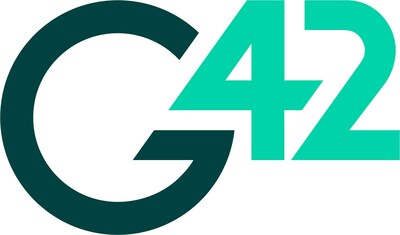Yandex Introduces the Ilya Segalovich Award in Computer Science
Press Releases
Jan 31, 2019
MOSCOW, Jan. 31, 2019 /PRNewswire-PRWeb/ — Yandex is thrilled to announce a new annual award for students and faculty in computer science and related fields, named after Ilya Segalovich, Yandex co-founder and creator of Yandex search. This award honors Ilya’s commitment to supporting education and his philanthropic pursuits and introduces a new Yandex education initiative to encourage the study of computer science.
The Ilya Segalovich Award recognizes academic achievement and research contributing to technological advancements in areas relevant to Yandex. These fields include speech recognition and speech synthesis, information search and data analysis, machine learning, computer vision, and natural language processing and machine translation.
The award is open to graduate or postgraduate students and academic advisors in computer science fields at institutions in Russia, Belarus or Kazakhstan. Students can directly apply for the award, while academic advisors must be nominated. An award committee composed of members of the Yandex management team and top machine learning experts will consider the quality of candidates’ published work to select winners.
“Yandex has always strongly valued education in computer science,” says Arkady Volozh, CEO and co-founder of Yandex. “We believe education in the field will continue to be central to the advancement of AI and delivering intelligent products and services to users everywhere. With this award, we want to support researchers who, like us, are engaged in computer science and are inspired to build the technologies of the future. We named the award after Ilya to honor his commitment to progress and his achievements supporting the IT community.”
The Ilya Segalovich Award follows another Yandex initiative to recognize Ilya’s passion for education, the Ilya Segalovich Scholarship. Established in 2014, this scholarship supports computer science students at the National Research University Higher School of Economics in Moscow. Yandex has also partnered with HSE to establish the Faculty of Computer Science, which trains developers, analysts, and researchers in data analysis and software engineering.
These two academic awards represent just part of Yandex’s commitment to education, a key part of which includes Yandex.Lyceum for secondary students and the Yandex School of Data Analysis (YSDA). YSDA is a Master’s level program in computer science and data analysis that Ilya helped establish in 2007 together with Arkady Volozh, and pattern recognition specialist, Ilya Muchnik. YSDA graduates and Yandex professionals regularly advance the computer science field with their contributions of published articles, and their expertise is key to powering Yandex’s intelligent products and services.
The Ilya Segalovich Award Committee will award a total of up to 15 million rubles (about $230,000) to thirteen winners. Student awardees will receive 350,000 rubles ($5,300), a grant to travel to an international conference on artificial intelligence, and an internship opportunity at Yandex that includes a professional mentorship. Academic advisors will receive 700,000 rubles ($10,600). The application deadline is the end of February, and the award ceremony will take place in Moscow this spring.
SOURCE Yandex


